
Web Developers
This is the fourth report in our Beauty Insights series. Each report in the series offers a concise review of a prominent or emerging theme or trend in global beauty markets. In this report, we examine the cannabis beauty market.
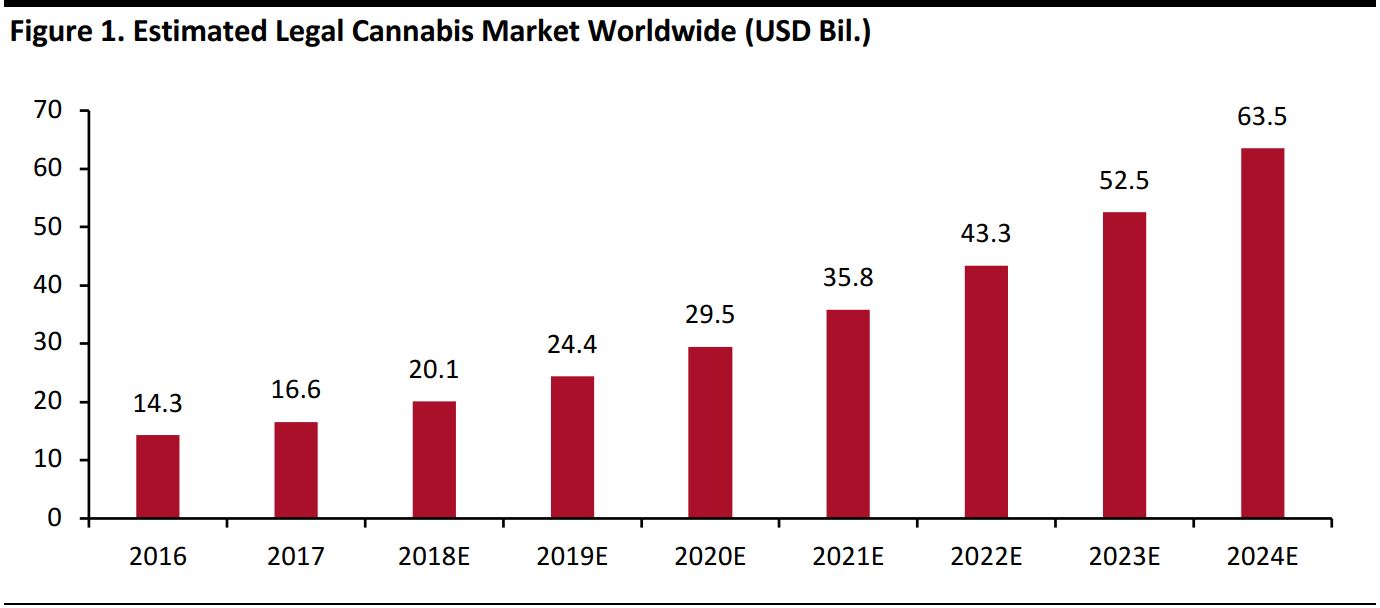
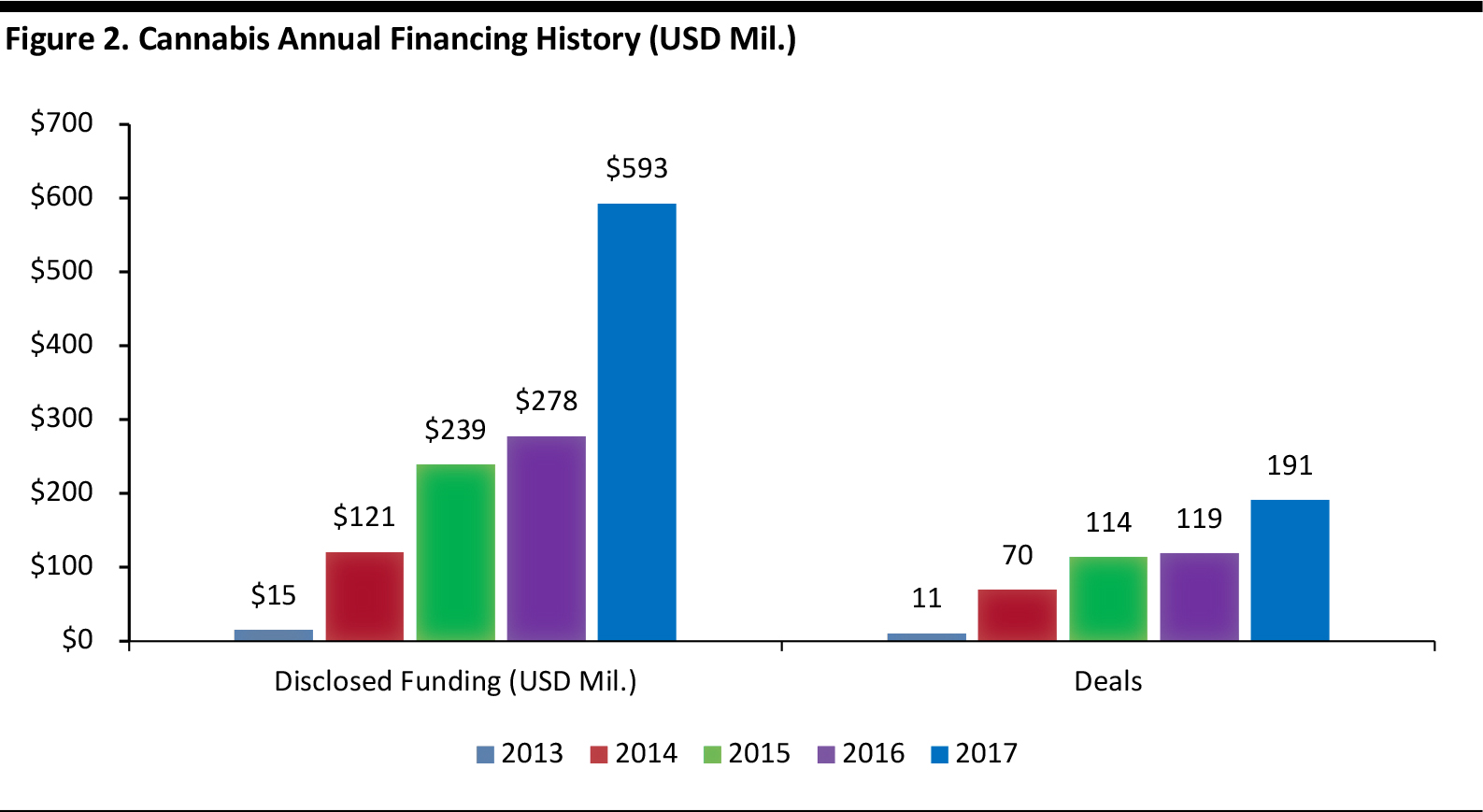

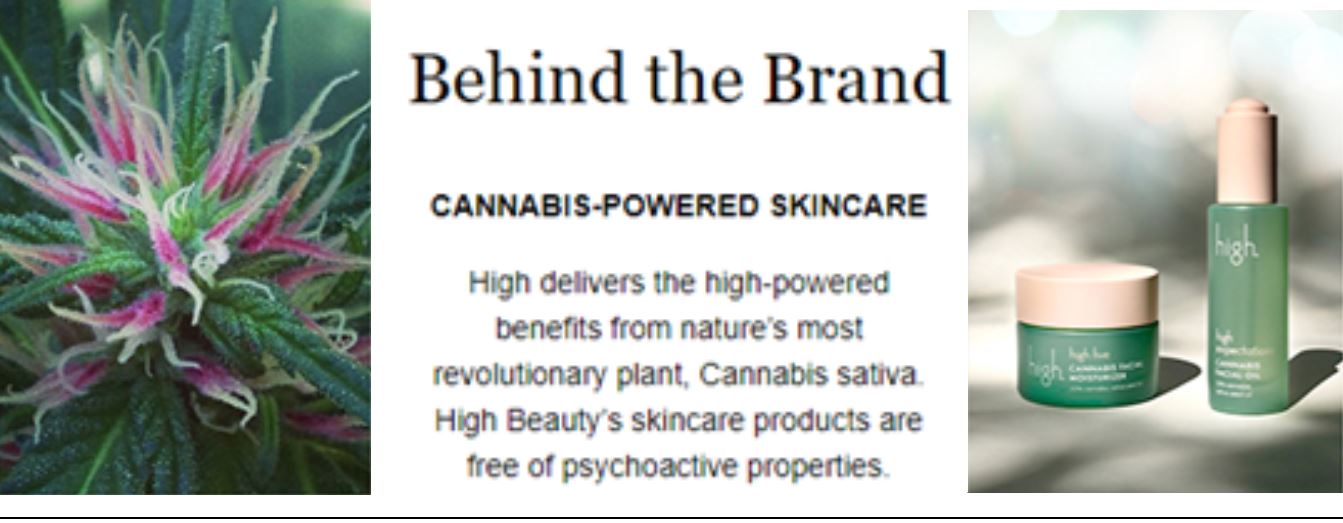
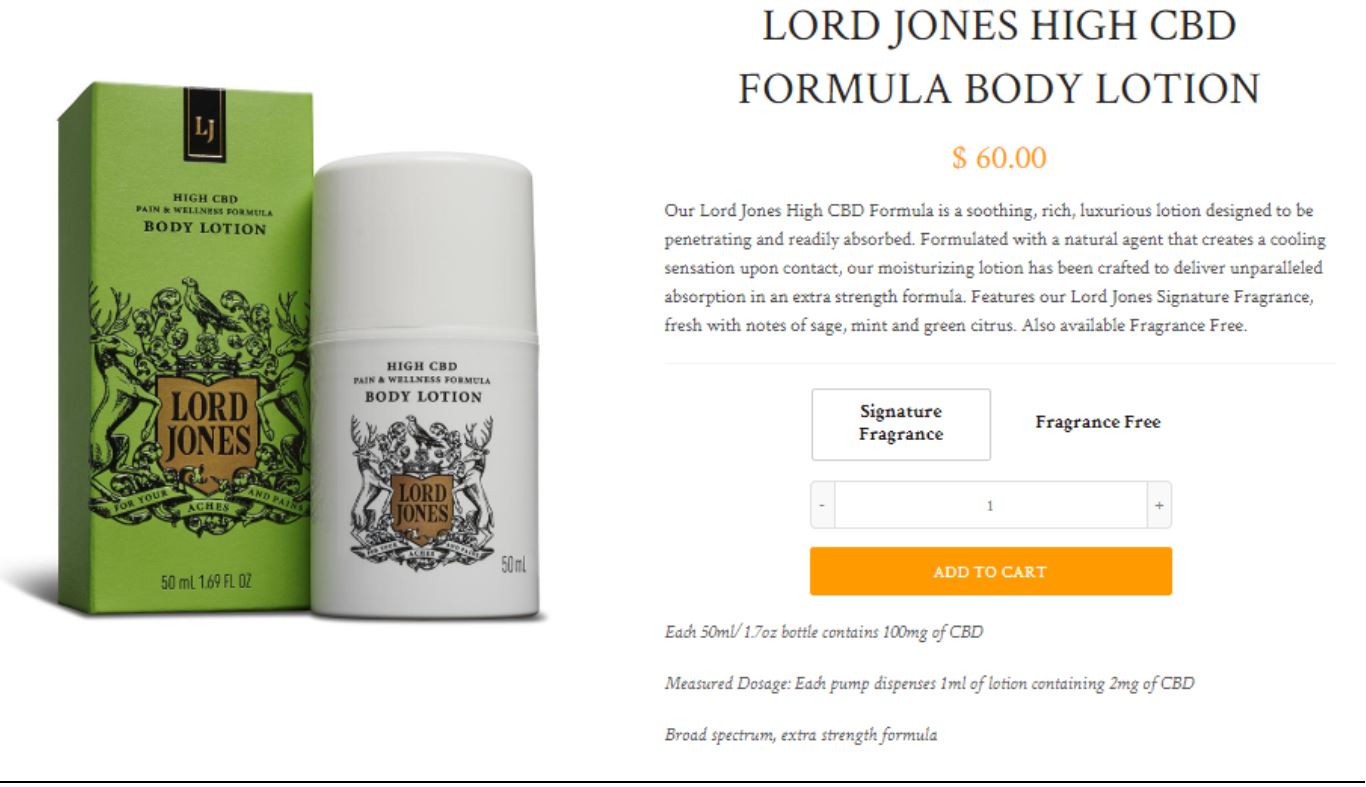
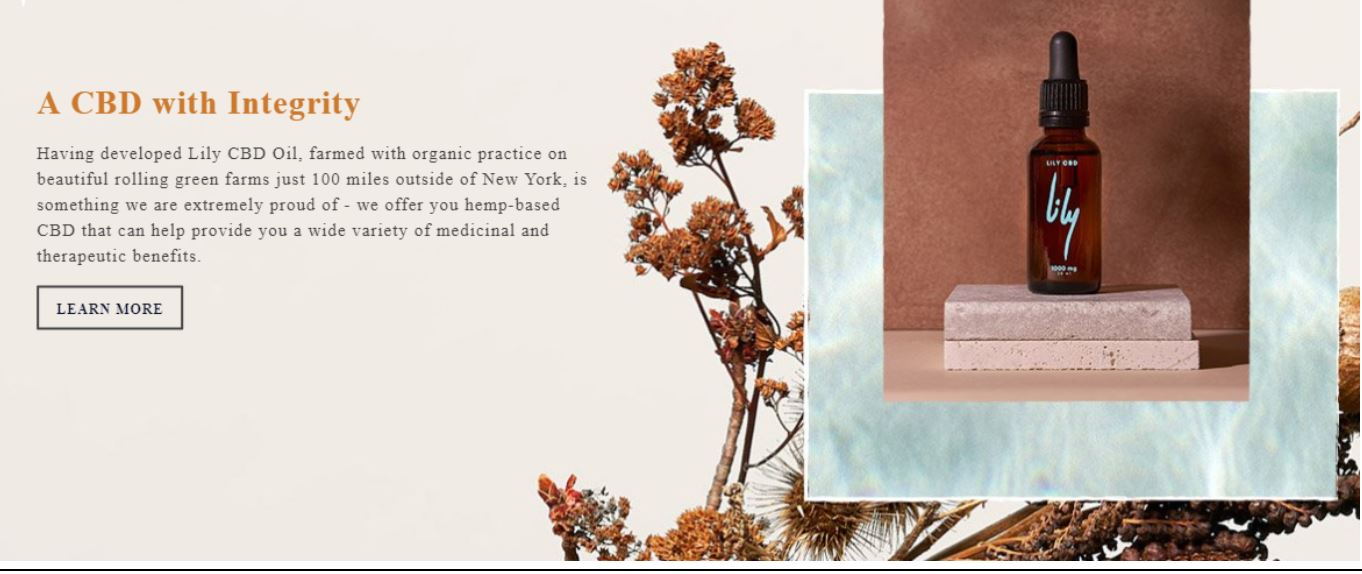
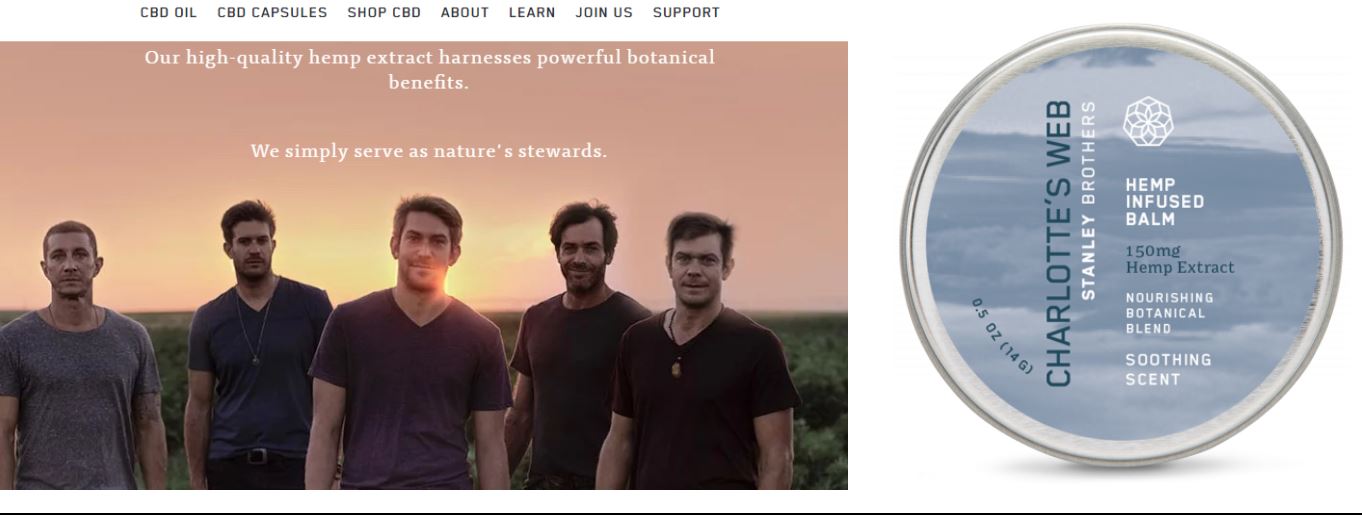
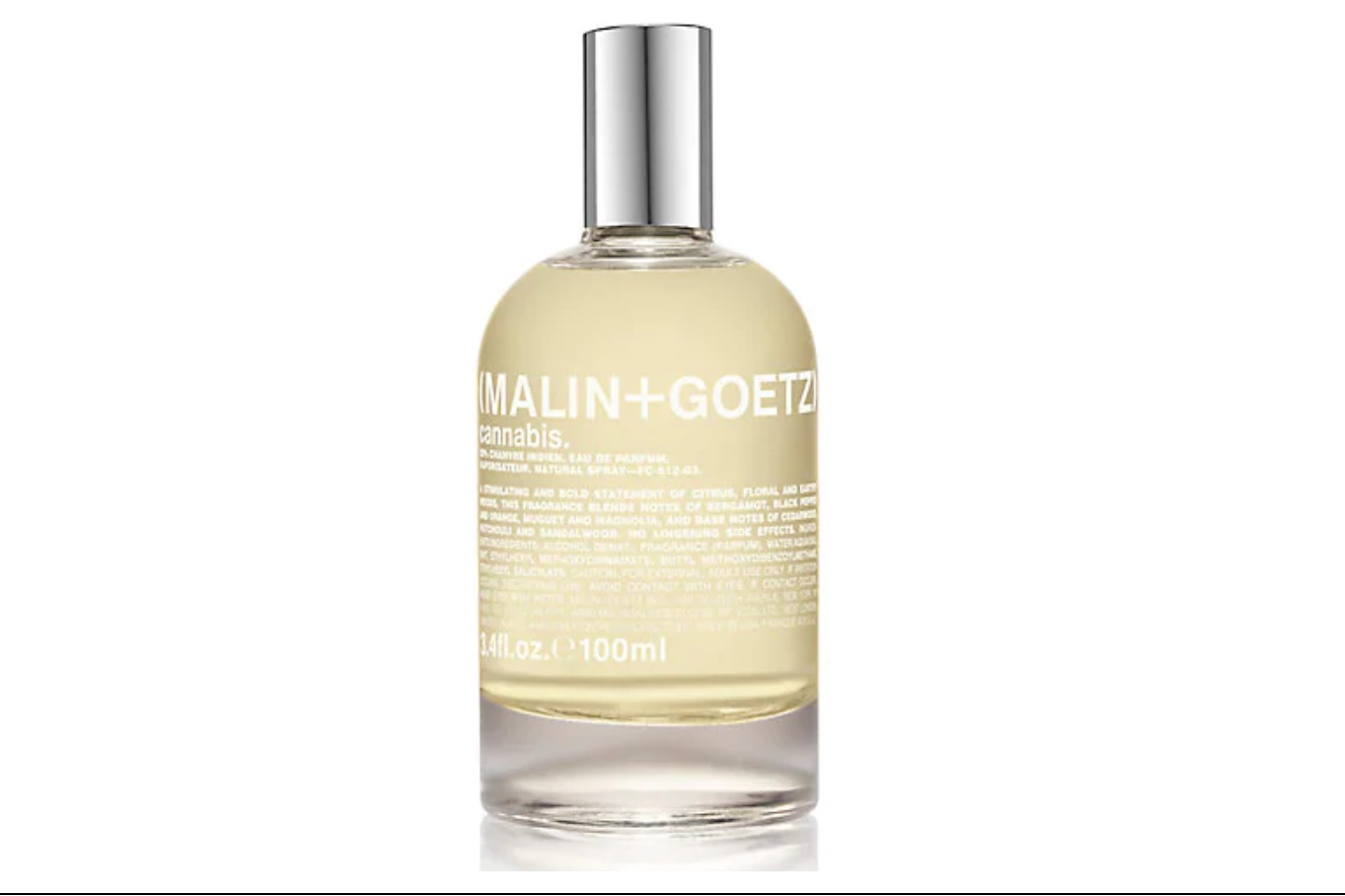
What are Cannabis Cosmetics?
Cannabis cosmetics are getting a lot of buzz lately. So exactly what are cannabis cosmetics? Companies are adding the ingredients found in cannabis, otherwise known as marijuana, such as cannabidiol (CBD oil) and hemp to cosmetics for their claimed beneficial properties. Over the past year, companies of all sizes have entered the cannabis, beauty health and wellness market, ranging from major retailers, Sephora, to emerging online brands.
Source: PR Newswire/Ameri Research
Funding is Flowing into Cannabis Companies – Doubling from 2016 to 2017
According to CB Insights, venture capital financing has been flowing steadily into cannabis startups over the past five years in nearly every category — beauty, medicine, food, packaging. Total funding more than doubled from $278 million in 2016 to $593 million in 2017. The number of deals increased by 60%, from 119 in 2016 to 191 in 2017.
Source: CB Insights
What is Legal Today? Will Legalization Impact the Cannabis Beauty Industry?
The legality of cannabis for medical and recreational use varies by country and in the US by state, in terms of its possession, distribution, and cultivation, and (in regards to medical) how it can be consumed and what medical conditions it can be used for. The use of cannabis for recreational purposes is illegal in most countries: Uruguay and Canada are the only countries that have fully legalized the consumption and sale of recreational cannabis nationwide. As of December 10, 2018, recreational marijuana is legal in 10 US states and medical marijuana is legal in 33 states – but it remains a Schedule I Controlled Substance under federal law, which states there is “no currently accepted medical use and a high potential for abuse.” Which means: Illegal under federal law. The unclear legality of CBD makes using it as an ingredient tricky. Currently, 41 states have passed legislation related to industrial hemp, 40 of which allow hemp cultivation. The states that do not allow hemp cultivation include: Iowa, Idaho, South Dakota, Louisiana, Mississippi, Georgia, Ohio, New Jersey, Connecticut and Washington, DC. It’s also important to know what kind of CBD you are working with, that is, where it comes from. Industrial-produced CBD from hemp plants is legal nationwide, but CBD derived from the cannabis sativa plant is legal only in those states that have legalized recreational or medical use of marijuana. Even if legal, in states that have medical marijuana programs but in which recreational use is illegal, cannabis derived CBD can be sold only through licensed dispensaries to individuals with a prescription. Anita Sabine, Partner with LA-based law firm Mannatt, Phelps & Phillips, and Chair of Manatt’s Cannabis industry and Real Estate & Finance practice group, advises that in all cases, regardless of legality at a state level, cannabis-derived CBD remains illegal under federal law.
Source: Business Insider
Which Cannabis Beauty Brands and Retailers Should You Know About?
Sephora “High Beauty”: In September 2018, Sephora launched its “High Beauty” brand, with two products: High Expectations, a cannabis face oil and High Five, a cannabis facial moisturizer. As a mainstream retailer, Sephora’s move into cannabis beauty marked a turning point in cannabis beauty products going from a niche product into the masses.
High Beauty at Sephora Source: Sephora
Lord Jones is an online company that manufactures and sells CBD-infused products including oils, capsules, lotions, edibles and even apparel. Its products are also sold at numerous specialty retail stores. Its founders reported to Coveteur magazine in April 2018 that cofounder Cindy Capobianco spent two years researching the industry before launching the company. Lord Jones’s formulas are created in small batches and the founders say each pump of its CBD lotion dispenses exactly one milliliter of lotion, and every milliliter contains 2 milligrams of CBD. The founders say its lotion does not produce intoxication, but it does relieve pain, aids in relaxation and alleviates skin conditions.
Source: Lord Jones
Lily CBD is an online company that says its mission is “to give ourselves and those we love an alternative to the conventional ways of calming and nurturing the mind and body.” Lily CBD offers three organic oils and source CBD outside of New York. The brand’s Hemp CBD oil products range between $99.00 to $249.00 per bottle. The company sells its products in luxury malls and boutiques and on its website. It ships its product domestically in the US and internationally.
Source: Lily CBD
Charlotte’s Web says its purpose is to “better the planet and the people living upon it.” Charlotte Web’s hemp extract products include CBD oils, extracts, capsules, creams, balms, and even “Charlotte Web Paws” — a product for pets’ paws, joints and hips. The company offers a discount program to veterans of the US military. Its cannabis health and wellness products are sold online and in specialty retail stores, and its target audience is an athletic, fit consumer.
Source: Charlotte’s Web
Malin + Goetz: Matthew Malin and Andrew Goetz developed beauty brand Malin + Goetz making products from natural ingredients. Their first shop was located in New York City’s Chelsea neighborhood, but now the company has retail locations worldwide. The founders develop products with the help of scientists and chemists. The brand says it makes skincare simple with formulas that address skin sensitivities without harsh ingredients. The company is using cannabis in candles, hand soap, lotion and fragrances.